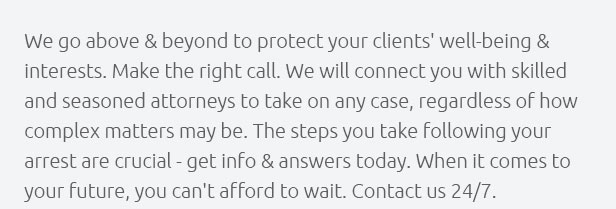 |
|
||||
 |
 |
 |
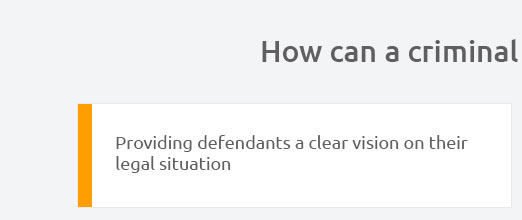 |
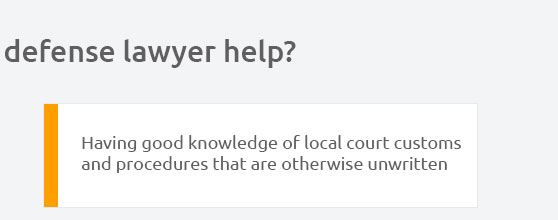 |
 |
 |
 |
 |
 |
 |
 |
|
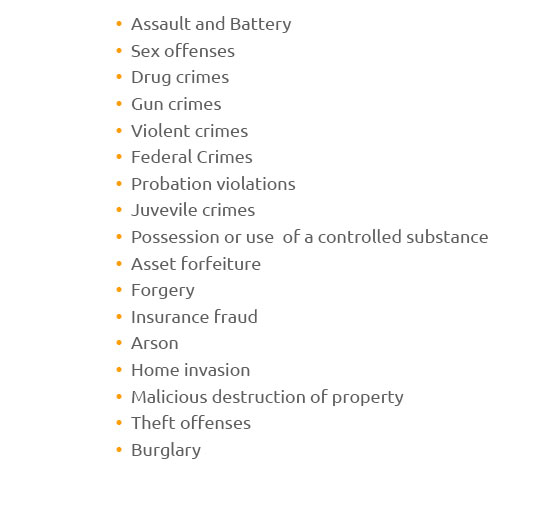 |
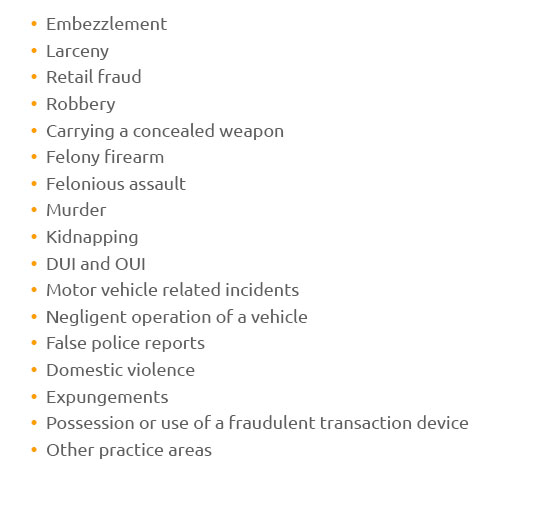 |
 |
|
||||
The Critical Role of a Drug Offense Lawyer: Navigating Legal Waters with Expertise and EmpathyWhen entangled in the complexities of the legal system due to drug-related charges, the selection of a drug offense lawyer becomes a pivotal decision that can dramatically influence the trajectory of one's life. The labyrinthine nature of drug laws, coupled with the severe consequences that accompany a conviction, necessitates the guidance of a seasoned professional who not only understands the intricate statutes but also possesses the acumen to strategize effectively. In a society where the legal landscape is constantly evolving, marked by shifts in public opinion and legislative amendments, a competent drug offense lawyer remains abreast of these changes, ensuring that their clients receive the most informed defense possible. It's not just about knowing the law; it’s about understanding how to leverage it in favor of the defendant. A lawyer's role extends beyond mere representation; they become an advocate, a strategist, and, often, a source of solace during turbulent times. Choosing the right legal counsel involves considering several important factors. Firstly, experience in the specific area of drug law is crucial. Drug offenses can range from simple possession to more severe charges like trafficking or manufacturing, each requiring a distinct approach and expertise. A lawyer with a track record of handling similar cases can offer insights that a generalist might overlook. Furthermore, the importance of a lawyer's negotiation skills cannot be overstated. Many drug-related cases are resolved through plea bargains, and the ability to negotiate effectively can result in reduced charges or lighter sentences, dramatically altering the outcome of the case.
Beyond technical skills, a successful drug offense lawyer exhibits empathy and understanding. Facing drug charges can be a daunting experience fraught with anxiety and uncertainty. A lawyer who shows compassion and a genuine commitment to their client’s well-being can make a significant difference in how the process is navigated. They should not only fight for the best possible legal outcomes but also provide moral support and clarity throughout the process. Moreover, it is essential to acknowledge the broader implications of drug offenses and the societal factors at play. A lawyer who is aware of and sensitive to these nuances can offer a defense that considers the client's background, the circumstances of the offense, and potential paths to rehabilitation or redemption. This holistic approach can be particularly beneficial in cases where the defendant may be struggling with addiction or other related issues. In conclusion, the role of a drug offense lawyer is multifaceted and vital. They are not just legal representatives but champions for justice who strive to ensure that their clients are treated fairly and with dignity. Whether the goal is to achieve an acquittal, negotiate a favorable plea, or seek alternatives to incarceration, the right lawyer is an invaluable ally in the pursuit of a fair resolution. As such, investing time in selecting a lawyer who combines expertise, empathy, and a strong ethical foundation is a critical step towards navigating the complexities of the legal system effectively. https://www.garrettandwalker.com/criminal-justice-attorney/drug-lawyer-greensboro-nc/
A competent and experienced lawyer can be a crucial ally in resolving drug charges. From reducing or dismissing charges to providing expert legal guidance, they ... https://www.greensborolawyers.com/drug-charges/
Drug offenses are usually prosecuted to the fullest extent of the law. If you're facing drug charges, call Coalter Law at 336-646-7977. https://www.schlosserandpritchettlaw.com/greensboro-drug-crime-lawyers/
You can trust the attorneys at Schlosser & Pritchett to mount a knowledgeable defense whether you are charged with a misdemeanor or felony drug charge.
|

